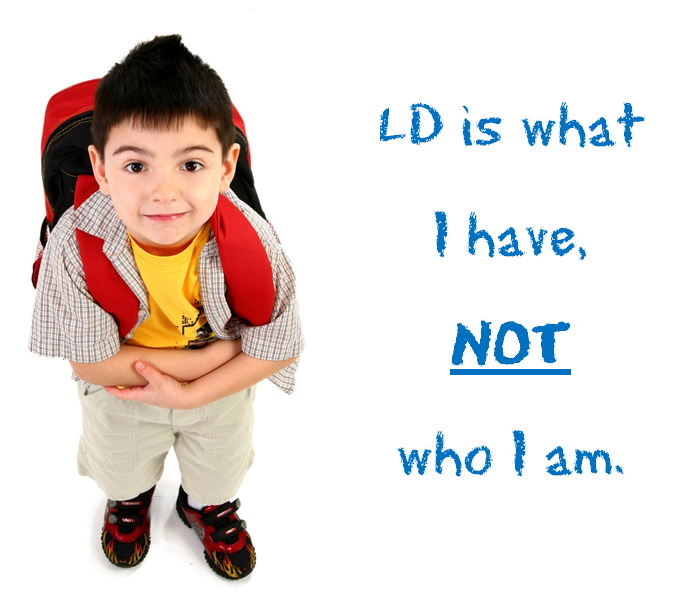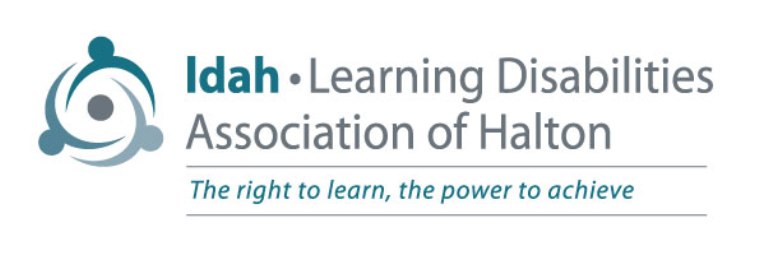What are LDs?
LDAO Definition of
“” refers to a variety of disorders that affect the acquisition, retention, understanding, organization or use of verbal and/or non-verbal information. These disorders result from impairments in one or more psychological processes related to learning (a), in combination with otherwise average abilities essential for thinking and reasoning. Learning disabilities are specific not global impairments and as such are distinct from intellectual disabilities.
Learning disabilities range in severity and invariably interfere with the acquisition and use of one or more of the following important skills:
- oral language (e.g., listening, speaking, understanding)
- reading (e.g., decoding, comprehension)
- written language (e.g., spelling, written expression)
- mathematics (e.g., computation, problem solving)
Learning disabilities may also cause difficulties with organizational skills, social perception and social interaction.
The impairments are generally life-long. However, their effects may be expressed differently over time, depending on the match between the demands of the environment and the individual’s characteristics. Some impairments may be noted during the pre-school years, while others may not become evident until much later. During the school years, learning disabilities are suggested by unexpectedly low academic achievement or achievement that is sustainable only by extremely high levels of effort and support.
Learning disabilities are due to genetic, other congenital and/or acquired neuro-biological factors. They are not caused by factors such as cultural or language differences, inadequate or inappropriate instruction, socio-economic status or lack of motivation, although any one of these and other factors may compound the impact of learning disabilities. Frequently learning disabilities co-exist with other conditions, including attentional, behavioural and emotional disorders, sensory impairments or other medical conditions.
For success, persons with learning disabilities require specialized interventions in home, school, community and workplace settings, appropriate to their individual strengths and needs, including:
- specific skill instruction;
- the development of compensatory strategies;
- the development of self-advocacy skills;
- appropriate accommodations.
(a) The term “psychological processes” describes an evolving list of cognitive functions. To date, research has focused on functions such as:
- phonological processing;
- memory and attention;
- processing speed;
- language processing;
- perceptual-motor processing;
- visual-spatial processing;
- executive functions; (e.g., planning, monitoring and metacognitive abilities).
Different Types of LDs
LDs take so many forms, and vary in intensity so much, that it is not simple to list them all, but there are some broad categories which they all fall into:
LDs that Affect Organization & Focus: A series of executive functions allow us to do things like plan, predict, organize and focus. LDs that interfere with these things can interfere with how we manage our lives and physical space. ADHD, which does affect executive functions, is coming to be seen as an LD because of this.
LDs that Affect Social Life: We learn how to be socially successfully, even though we don’t notice that we’re learning. So LDs that make it difficult to interpret facial expressions, body language, or tones of voice can have a real impact on a person’s social life.
LDs that Affect Physical Interaction with the World: Again, without knowing, we are constantly receiving information about our surroundings and about our bodies: our balance, coordination and movement are all based on this information. So an LD that interferes with how we understand that information can cause a person to be uncoordinated or “clumsy.”
LDs that Affect Academics: Difficulties with spelling, reading, listening, focussing, remembering and writing can all have an impact on all areas of school-subjects.

